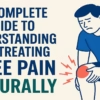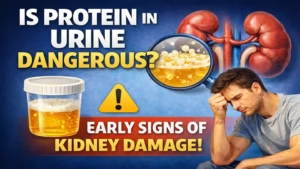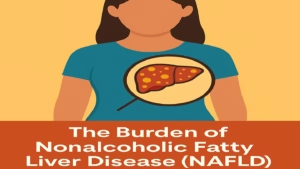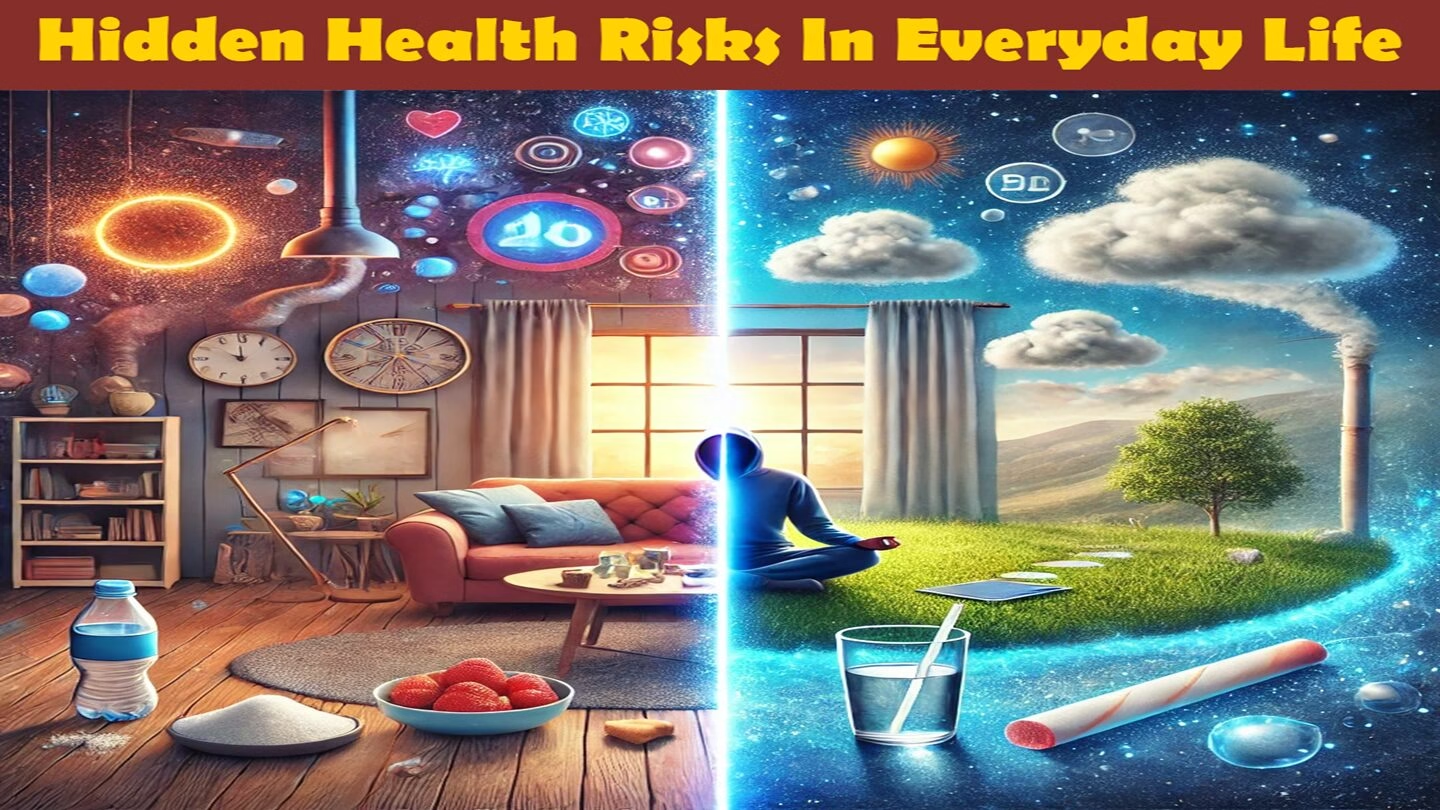Kidney stones are a common but often misunderstood health condition that affects millions of people worldwide each year. Whether you’re experiencing symptoms for the first time or trying to prevent a recurrence, understanding kidney stones is crucial for effective treatment and long-term prevention. This complete guide will walk you through what kidney stones are, why they form, how they’re treated, and what you can do to avoid them.
🧬 What Are Kidney Stones?
Kidney stones are hard deposits made of minerals and salts that form inside your kidneys. They vary in size—from as small as a grain of sand to as large as a golf ball—and can affect any part of the urinary tract, from your kidneys to your bladder.
🔍 Types of Kidney Stones
- Calcium Oxalate Stones
The most common type, often caused by high oxalate intake or low fluid levels. - Uric Acid Stones
Formed in people who lose too much fluid or eat a high-protein diet. - Struvite Stones
Often the result of urinary tract infections (UTIs); they can grow quickly. - Cystine Stones
Rare and caused by a genetic disorder that leads to cystine leaking into urine.
⚠️ Common Symptoms
Kidney stones might not cause symptoms until they move around or pass into the ureter (the tube connecting kidney to bladder). When this happens, you may experience:
- Severe pain in the side, back, or lower abdomen
- Pain during urination
- Pink, red, or brown urine (blood in urine)
- Cloudy or foul-smelling urine
- Nausea and vomiting
- Frequent urination or urge to urinate
- Fever and chills (if infection is present)
🧪 Causes and Risk Factors
Several factors contribute to the formation of kidney stones:
- Dehydration: Not drinking enough water concentrates urine, allowing minerals to crystallize.
- Diet: High sodium, sugar, and protein intake can increase risk.
- Medical Conditions: Such as gout, obesity, and inflammatory bowel disease.
- Family History: If a close relative had kidney stones, your risk is higher.
- Certain Medications: Like diuretics, calcium-based antacids, and some antibiotics.
🧭 Diagnosis
If kidney stones are suspected, your doctor may order:
- Imaging tests: CT scan, ultrasound, or X-rays to locate the stone.
- Urine test: To detect stone-forming substances.
- Blood test: To assess kidney function and levels of calcium or uric acid.
- Stone analysis: If you pass a stone, it can be examined to determine its type.
💊 Treatment Options
Small stones may pass on their own with increased fluid intake and pain relievers.
Large stones or those causing symptoms may require:
- Medications: Alpha blockers to relax the ureter muscles and help pass stones.
- Extracorporeal Shock Wave Lithotripsy (ESWL): Breaks stones into smaller pieces using sound waves.
- Ureteroscopy: A thin tube is used to locate and remove or break up the stone.
- Percutaneous Nephrolithotomy: Surgical removal for large or complex stones.
🥗 Prevention Tips
Prevention is key, especially for people with a history of kidney stones. Here’s how to reduce your risk:
- Stay Hydrated: Drink at least 2-3 liters of water daily.
- Limit Salt and Animal Protein: Reduce intake of red meat and salty foods.
- Eat Calcium-Rich Foods: Don’t cut calcium entirely; eat natural sources like dairy.
- Avoid Oxalate-Rich Foods: Spinach, beets, chocolate, and nuts in moderation.
- Maintain a Healthy Weight: Obesity increases risk.
- Follow Your Doctor’s Advice: Especially if you’ve had stones before.
🩺 When to See a Doctor
Seek medical help if you experience:
- Severe pain that won’t go away
- Blood in urine
- Fever and chills
- Difficulty urinating
- Nausea and vomiting with pain
🧘 Final Thoughts
Kidney stones can be incredibly painful, but they are also highly manageable with the right knowledge and lifestyle changes. Staying hydrated, eating smart, and being aware of your body’s signals can go a long way in preventing them. If you suspect a kidney stone, don’t hesitate to consult your healthcare provider for timely diagnosis and treatment.
Your health is in your hands—stay informed, stay hydrated, and take proactive steps today to prevent kidney stones tomorrow.
ABOUT THE AUTHOR
Dr. Abid Akram is a dedicated medical practitioner known for his patient-centered approach and strong clinical expertise. With an MBBS degree and years of hands-on experience, he has developed a keen interest in preventive healthcare and internal medicine. Dr. Abid firmly believes that health is not just about treating illness but about empowering individuals to make lifestyle choices that prevent disease and promote long-term well-being. His approachable personality and ability to explain complex medical concepts in simple terms make him a trusted doctor among his patients. Outside of his clinical practice, Dr. Abid contributes to community health awareness programs, aiming to bridge the gap between medical knowledge and everyday life.














Add comment